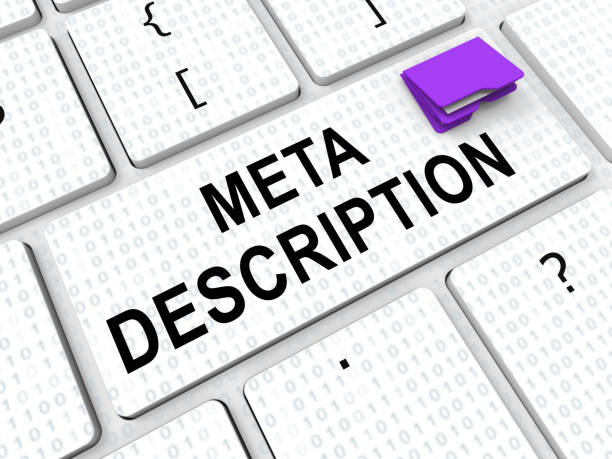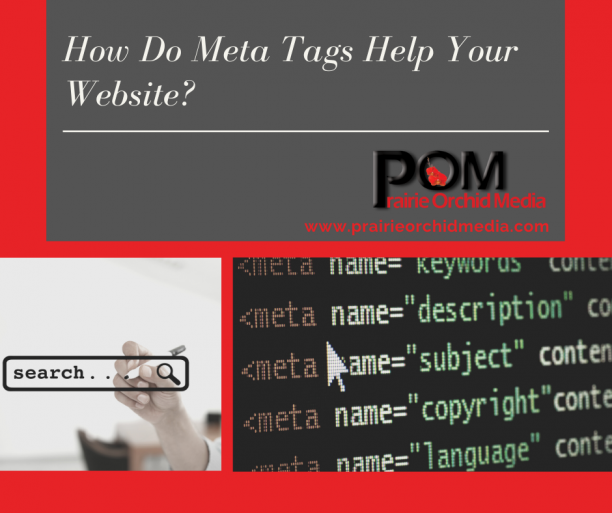Or for that matter – What is a meta tag?
How many of you have heard of a meta tag? These beauties are not something you will visually see on your website but they sure can help your rankings on search engines. And we all want to increase how we are found online.
Meta tags are snippets of text that describe a webpage’s content. The reason you may not have heard of meta tags is because they don’t visually display on the page, but are only in the page’s HTML source code. Meta tags are content descriptors that help tell search engines what a web page is about.
The meta tags help search engines identify the focus of your pages to connect potential customers with the keywords and phrases used by their searches. It’s really important to create just the right title tags within your web pages so that you establish a unique and click-worthy link for users when they complete their searches.
 Meta Descriptions
Meta Descriptions
Besides meta tags, there are also meta descriptions within your website which can be added to each individual page. Meta descriptions give you additional ways to include keywords and related phrases. I would suggest making these as exclusive and personalised as possible. If you do a search for your website and you haven’t set up a meta description for your website yet, you will see one that Google automatically generated based on the keywords in users’ requests. This might be great since you didn’t have to put the thought or work into creating one, but their description can sometimes lead to mismatched search terms and associated results.
To create the most optimized meta tag and description for your website, you need to include the most suitable keywords, be the correct length and avoid duplication as much as possible.
As we talked about in the keywords posts, if unique meta data is possible you should use these to give your site the best chance of maximizing its impact in the search engine searches.
Meta Tags Tips
A few things to keep in mind for with meta tags:
- Don’t duplicate title tags and meta descriptions. If you have 2 or more pages with the same title and/or descriptions it makes it hard for search engines to determine relevance, which affects your search ranking.
- Don’t miss ALT attributions on your images. These give visually impaired people and search engines a description of the images on your web pages. If you forget to add these tags, again you lose relevance.
- Don’t miss adding the H1 (Header 1) tags. H1 tags help search engines determine the topic of your content; without these there can be gaps in search engines understanding your website. But don’t duplicate H1 tags on a page. This can look over-optimized and it can mean opportunities to rank for other relevant keywords have been missed.
- Don’t miss meta descriptions. If they are missing, click-through rates can fall because wisely written meta descriptions help search engines understand relevance and encourage users to click on your result.
If you need more help with creating meta tags for your website let’s chat or please send us an email at



